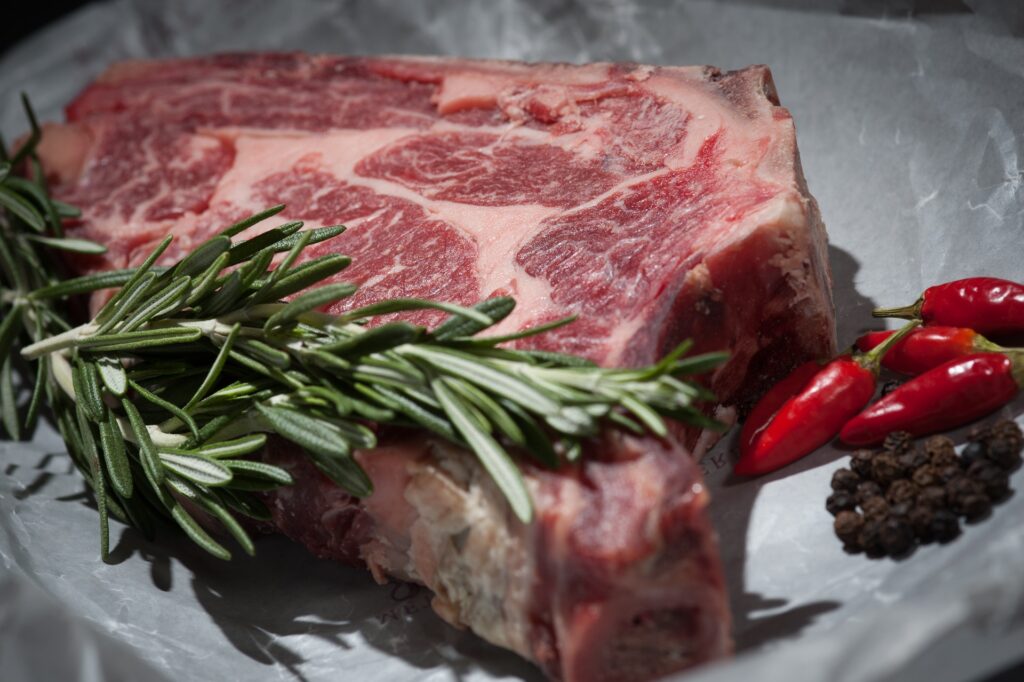These two words are very close and might be easily confused. They are both are increasing temperatures. We use ice in our drinks, or we remove food from the freezer to eat. In both cases, you will melt or thaw something. How do we know whether to use melt or thaw in English?
Melt is to become a liquid
When something is fully melted, it is fully liquid.
Cheese is so much more delicious when you melt it.
= Cheese that you warm to turn liquid is tastier.

In space, everything melts at a different temperature.
= When the pressure is different, the moment that something becomes liquid changes.
In the case of chemistry, melt is a specific term about changing states from solid to liquid.
Thaw is to be free from the effects of freezing, such as no longer being hard or cold
Because of this, you will use this in situations where something goes to room temperature but does not change forms.
Don’t forget to thaw the chicken before I come back home.
= Remove the chicken from the freezer so that it is room temperature.
Food thaws faster if you submerge it in room temperature water.
= Food will leave 0°C faster in water than in air.

Thaw is not a word used in chemistry. It will be used in the kitchen or in nature.
In summary:
- melt: something starts frozen and ends as a liquid
- thaw: something starts frozen and ends in room temperature
In many situations, they are the same. When talking about water, they are always the same. However, in the case of meat or substances that do not become liquid above 0°C, there is a clear preference for thaw.
If fire burns it, use thaw. If fire makes it liquid and eventually boil, use melt.
For more English explanations, check out more like this on my website.
For language learning tips and tricks, check out my YouTube channel.
Keep on learning English! Good luck!